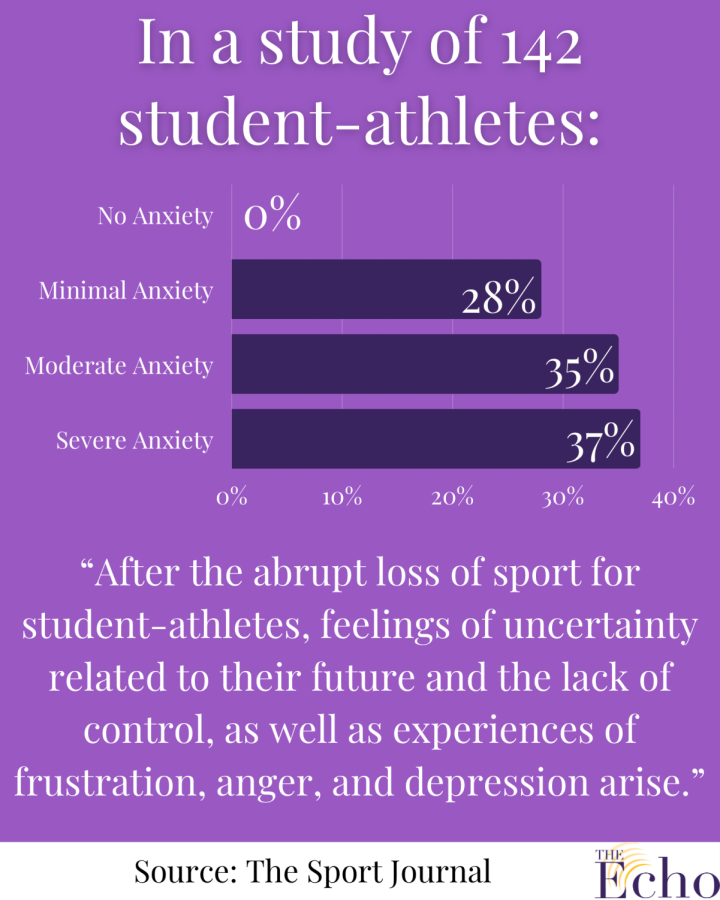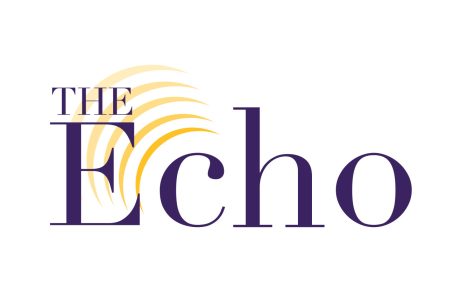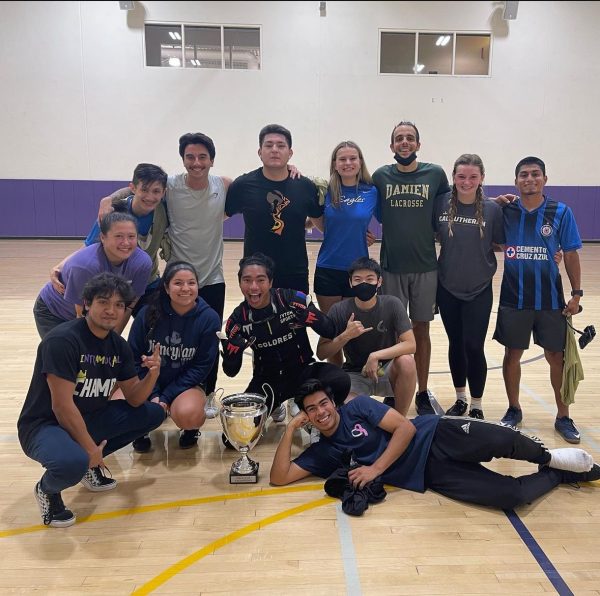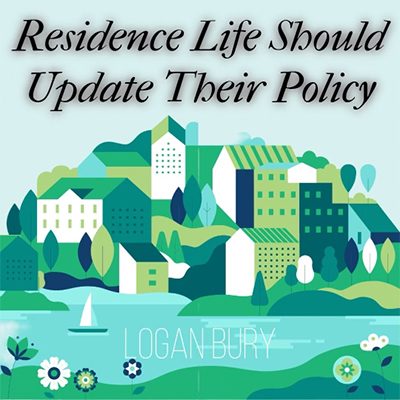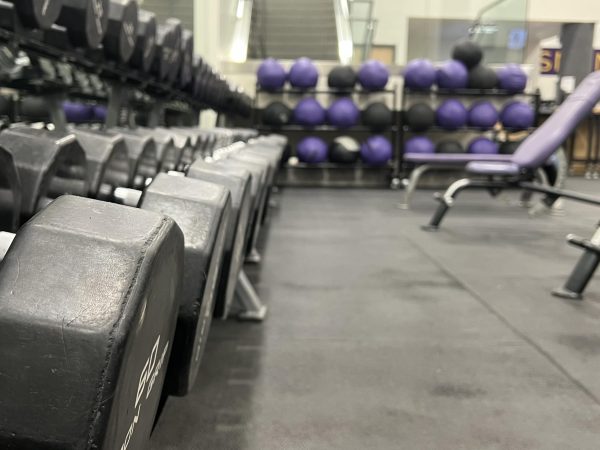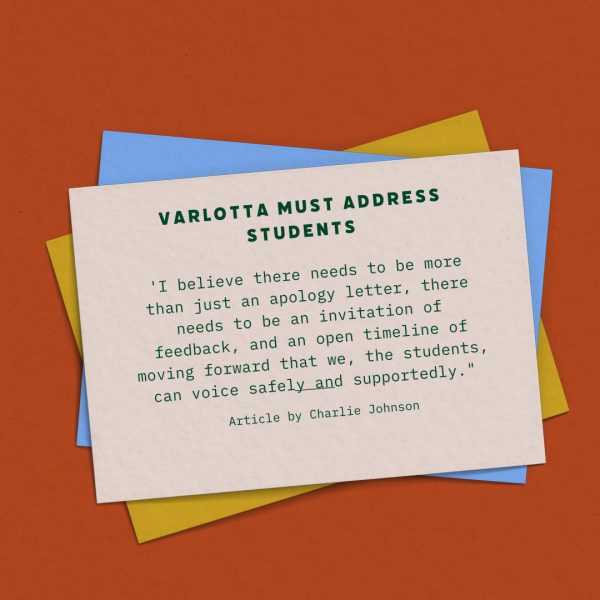Student-athletes deserve more mental health resources after COVID-19’s impact
September 20, 2022
Collegiate student-athletes all across the country have been affected by the COVID-19 pandemic. The psychological, emotional, physical and social consequences of this pandemic are still being felt by many collegiate student-athletes today.
Being a member of a team is deeply embedded within the identities of so many student-athletes. To have that comradery and environment taken away from them in such an abrupt manner has had serious impacts. There needs to be more resources and awareness on college campuses in the U.S. for the psychological and emotional well-being of their athletes.
An article published by The Sport Journal said, “After the abrupt loss of sport for student-athletes, feelings of uncertainty related to their future and the lack of control, as well as experiences of frustration, anger, and depression arise. The sense of loss felt is akin to the loss of sport and identity that many NCAA athletes are feeling today subsequent to COVID-19’s impact on sport performance.”
With rises in frustration, anger and depression comes decreased levels of motivation and performance. The challenge of keeping oneself motivated has been a topic of discussion long before the COVID-19 pandemic, however, from recent research it is abundantly clear the pandemic has magnified the importance of having discussions about mental and emotional health.
“For me to have been cooped up and not with the team was really mentally challenging, especially when it came to keeping myself motivated,” junior Regals volleyball setter Tess Holbert said. “When you’re involved in team sports, you rely on motivation from your team and your coaches so much.”
Senior Kingsmen cross-country runner Jonathan Aguilar said in a Zoom interview, “[the pandemic] definitely had an impact on my level of motivation because it felt like there was nothing to look forward to.”
Athletes are always working toward a goal, whether those goals are individual or shared. However, with the uncertainty that was felt by so many, these goals became blurred or nonexistent.
Moreover, since collegiate student-athletes are accustomed to consistently being around their teammates, being forced to be alone has affected not only their social lives but many of them were forced to change their training habits as well.
“It felt like my entire social life was just stripped away from me. COVID-19 and the pandemic pretty much completely stopped what I was used to doing. I started to train by myself which was really weird because I’m so used to training with my teammates,” Holbert said.
Sports are known to provide athletes with structure and a sense of purpose and for students, structure and purpose are fundamental to success. When this structure and sense of purpose are shared among teammates, there can be tremendous benefits.
Connection has always been essential to a human’s development and well-being, especially for people under the age of 25. Due to the pandemic, many student-athletes chose to stay at home with their families, which further isolated them from their teammates, coaches and trainers.
Most college students love being able to experience a new chapter of their lives after high school. More specifically, there is a lot of excitement surrounding the potential of being free and independent for the first time in their lives.
The psychological, emotional, physical and social consequences of this pandemic on collegiate student-athletes across the country are clear. Due to prolonged isolation, collegiate student-athletes have experienced a tremendous spike in fear, anxiety, depression and uncertainty over the past couple of years.
“Having to do everything on my own willingness and not knowing what I was working for was definitely very mentally challenging. I feel like still to this day I am recovering from it, like a lot of athletes are,” Holbert said.
For those looking for mental health resources, options include Counseling and Psychological Services (CAPS) and BetterHelp.

